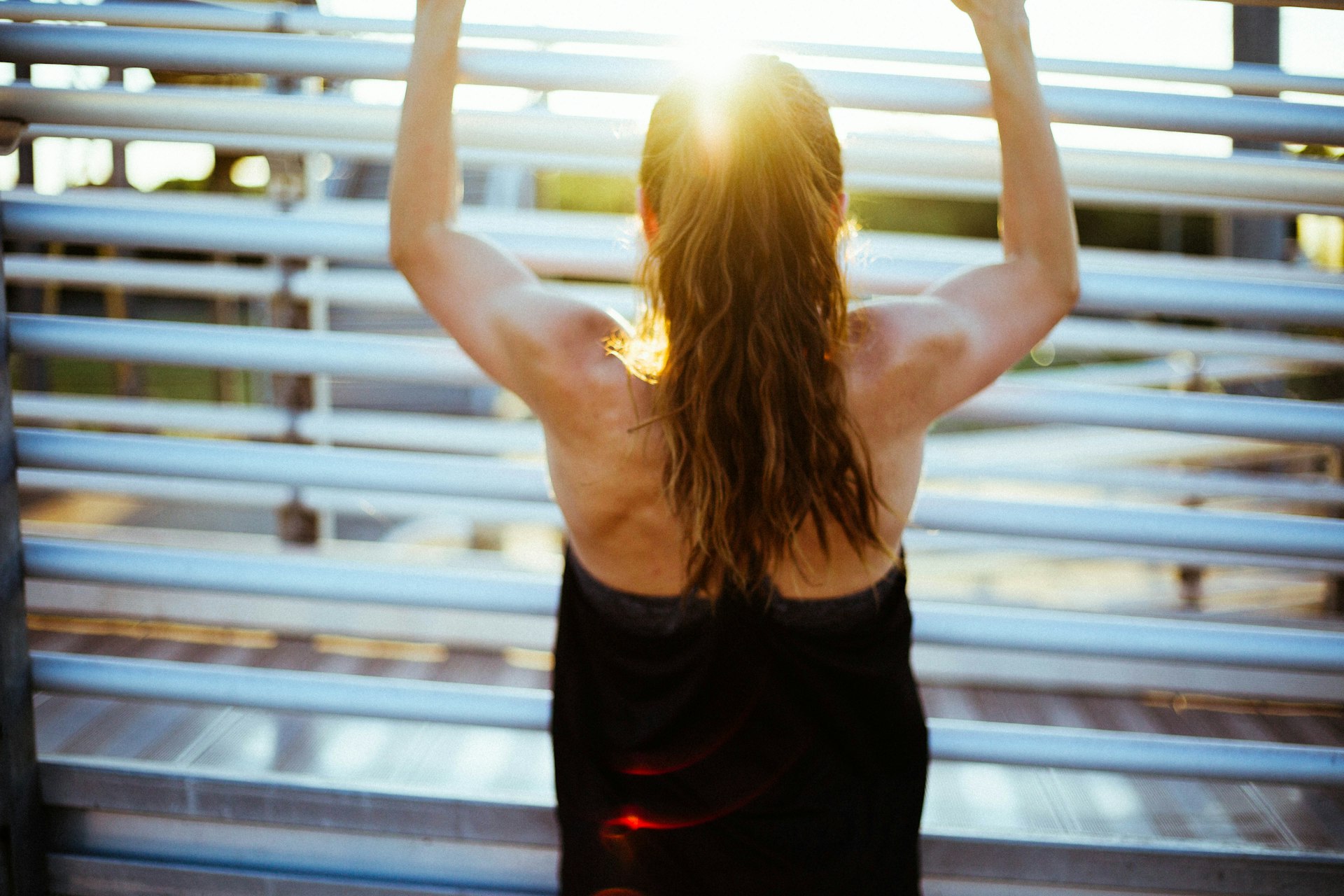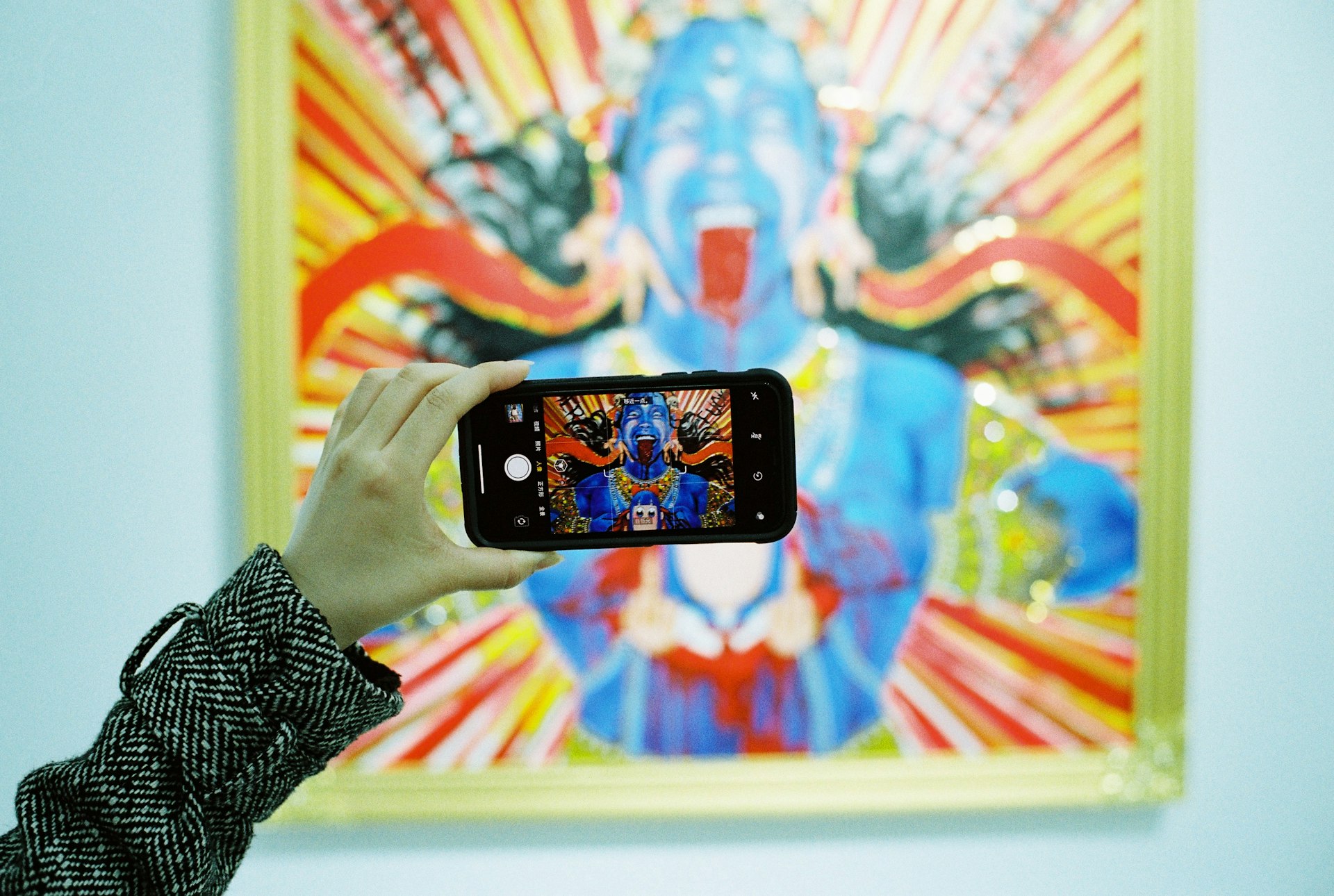How a Balanced Hydration Lifestyle Fuels Your Energy Every Day

Photo by cal gao on Unsplash
Introduction: Why Hydration Matters for Energy
Maintaining a balanced hydration lifestyle is one of the most fundamental yet overlooked ways to support sustained energy throughout the day. Water and electrolytes play a vital role in every metabolic process, from converting food into fuel to powering brain function and muscle performance. Without adequate hydration, even mild imbalances can lead to fatigue, sluggishness, and a dip in mental sharpness [1] . This article explores the science behind hydration, practical steps to achieve balance, and how to navigate the challenges of daily life for optimal vitality.
The Science Behind Hydration and Energy
Water makes up about 60% of the human body and is essential for transporting nutrients, removing waste, and facilitating the chemical reactions that generate energy. Even slight dehydration-losing as little as 2% of your body’s water content-can significantly impair physical performance and increase feelings of tiredness [4] . When your body lacks fluids, your metabolism slows, making it harder to convert food into usable energy [5] . Electrolytes, such as sodium and potassium, are also crucial, as they help regulate nerve signals and muscle contractions, directly influencing both mental alertness and stamina [3] .
How Dehydration Impacts Daily Energy
Dehydration doesn’t just make you thirsty-it can cause headaches, poor concentration, and a sensation of low energy that can affect productivity and mood. Studies show that even mild dehydration can lead to brain fog and slower decision-making, making daily tasks more challenging [2] . In addition, dehydration can trigger muscle cramps, reduce endurance, and make exercise or physically demanding work feel more strenuous [1] .
Building a Balanced Hydration Lifestyle
Adopting a balanced hydration lifestyle means more than simply drinking water when you’re thirsty. Here are the key elements for maintaining energy through hydration:
1. Set a Daily Hydration Goal
While the popular “eight glasses a day” guideline is a good starting point, individual needs vary based on body size, activity level, and environment. Most adults need between 2-3 liters (68-101 ounces) of fluids daily, including water, herbal teas, and high-water-content foods [4] . Start by tracking your current intake and gradually increase until you notice improved energy and focus.
2. Prioritize Electrolyte Balance
Plain water is essential, but electrolytes-especially sodium and potassium-are necessary for optimal hydration, particularly after physical activity or illness. Electrolyte drinks can help restore minerals lost through sweat, vomiting, or fever, supporting faster recovery and enhanced energy [3] . If you exercise intensely or work in hot environments, consider incorporating an electrolyte beverage or natural sources like coconut water. Always consult a healthcare provider before starting supplements.
3. Incorporate Hydrating Foods
Fruits and vegetables such as cucumbers, watermelon, oranges, and lettuce have high water content and supply vitamins and minerals that further support energy production. Including these foods in meals and snacks helps you meet hydration targets while supporting overall health [4] .

Photo by Laura Jaeger on Unsplash
4. Adjust for Activity and Environment
Your hydration needs increase with physical exertion, hot climates, or illness. During exercise, it’s recommended to drink small amounts of water every 15-20 minutes. After activity, replenish with both fluids and electrolytes to restore balance and recover energy efficiently [1] .
Practical Implementation: Step-by-Step Guidance
Here’s how to implement a balanced hydration lifestyle for lasting energy:
- Assess your baseline by tracking your daily fluid intake for a week.
- Set a realistic daily goal based on your size, activity, and environment. Use a reusable water bottle with volume markings for easy tracking.
- Distribute your intake throughout the day-don’t wait until you’re thirsty. Start each morning with a glass of water and aim to drink before, during, and after meals.
- Include one or two servings of hydrating foods with each meal.
- For workouts or outdoor activity, bring electrolyte hydration options. Formulate your own with water, a pinch of salt, and a splash of citrus, or choose a reputable commercial electrolyte mix.
- At the first sign of fatigue, headache, or brain fog, pause to assess if you may be dehydrated and drink fluids accordingly.
- Monitor urine color: pale yellow usually indicates good hydration.
Overcoming Challenges and Staying Consistent
Busy schedules, forgetfulness, and lack of access to water can undermine hydration efforts. To overcome these barriers, consider setting reminders on your phone or using hydration tracking apps. Keep a bottle at your desk, in your car, or in your bag. If plain water bores you, infuse it with fruits or herbs for variety.
For those who dislike drinking water, gradually increase intake and experiment with different temperatures and flavors. If you’re concerned about over-hydration, pay attention to your body’s signals and consult a medical professional if you have conditions such as kidney disease or heart failure, which can affect fluid requirements.
Alternative Approaches and Special Considerations
Some people may benefit from additional strategies tailored to their lifestyle or health status:
- If you travel frequently, bring a reusable bottle and purifying options for safe water access.
- For older adults, who may have a reduced sense of thirst, scheduled drinking times can help prevent dehydration.
- Those with chronic illnesses should discuss hydration needs with their healthcare provider for individual recommendations.
- During illness, especially with fever or gastrointestinal symptoms, focus on small, frequent sips of fluids and use oral rehydration solutions as advised by a medical professional.
Accessing Hydration Resources and Further Support
While many products and programs claim to boost hydration and energy, it’s important to rely on reputable sources for guidance. For general hydration advice, consult licensed dietitians, registered nutritionists, or your primary care provider. Consider searching for “hydration and energy tips” from recognized organizations such as the Centers for Disease Control and Prevention (CDC) or the Academy of Nutrition and Dietetics. Fitness professionals and sports medicine clinics can also provide personalized recommendations for athletes and active individuals. If you are seeking specific electrolyte products, look for brands with transparent ingredient lists and third-party testing, and always verify product claims through independent reviews or by consulting your healthcare provider.
Summary: Making Hydration a Lifelong Habit
A balanced hydration lifestyle is a cornerstone of vibrant energy and overall well-being. By understanding your body’s fluid needs, incorporating electrolytes, adjusting for activity, and developing practical routines, you can maintain mental clarity, physical stamina, and continuous motivation. Start with small, achievable steps and build habits that support your energy every day.
References
- Leisure Project (2024). The Role Of Hydration In Boosting Daily Energy Levels.
- DrinkLMNT (2021). 8 Benefits of Staying Hydrated: Energy, clarity, and beyond.
- Vaya (2025). 7 Key Benefits of Electrolyte Hydration for Overall Wellness.
- Healthline (2023). 7 Science-Based Health Benefits of Drinking Enough Water.
- National Jewish Health. 10 Benefits of Staying Hydrated.



